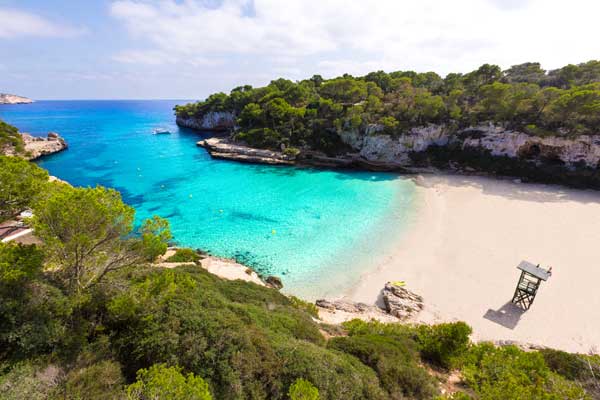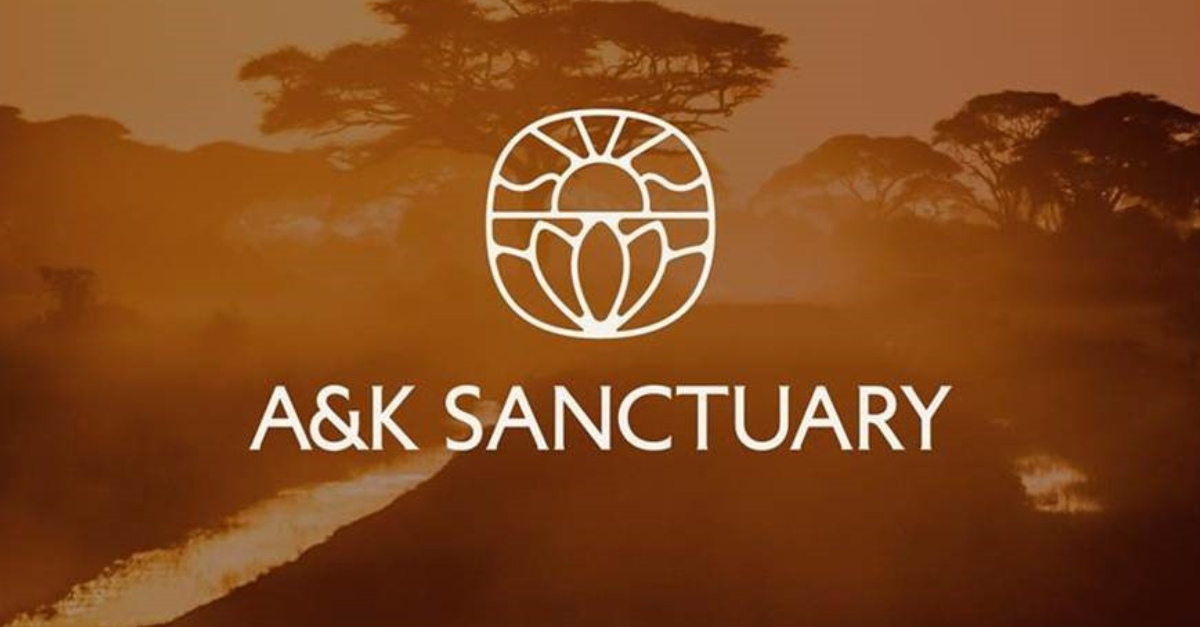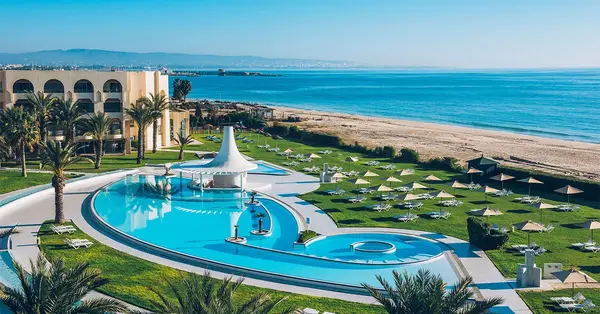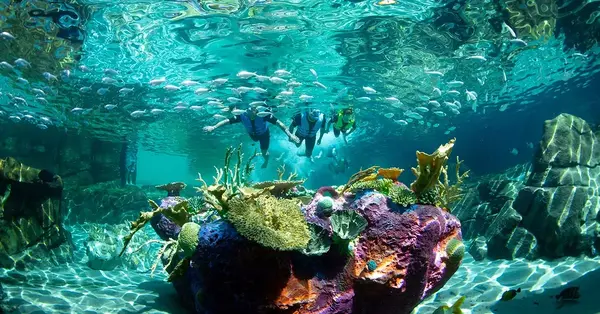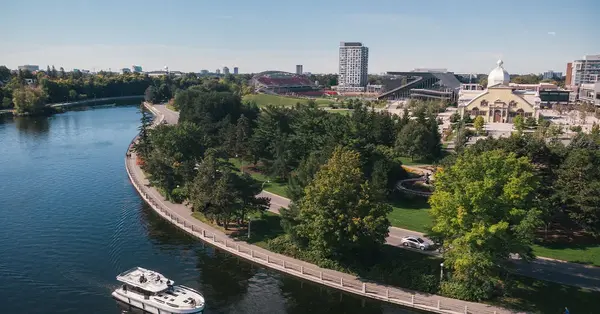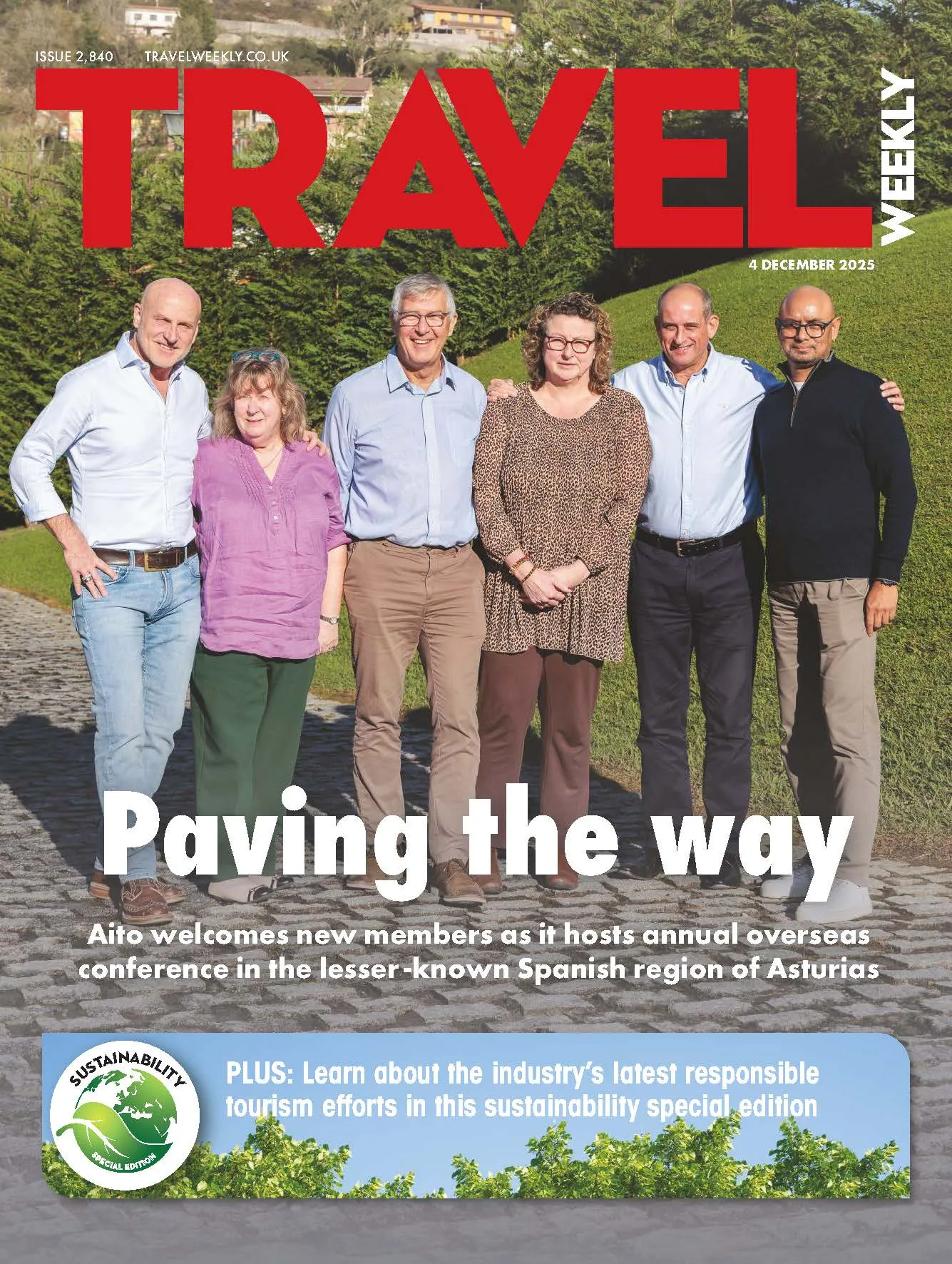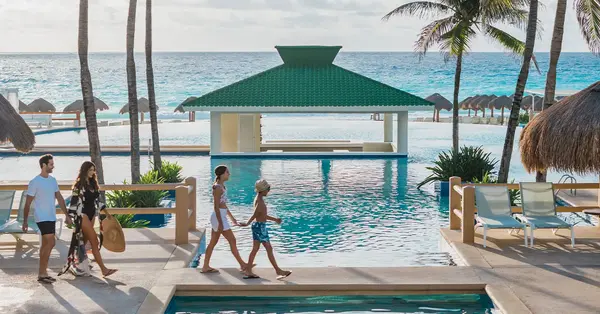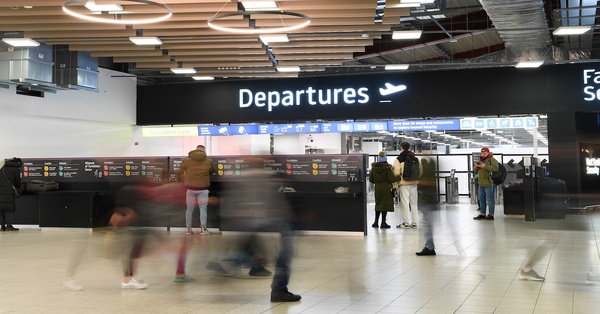You are viewing 2 of your 2 free articles
Balearic eco-tax raises €200m for green schemes
More than 150 environmental projects in the Balearic Islands have been funded by a tourism tax, which launched controversially in 2016.
The Balearic Islands Tourism Board said €200 million has been generated by the tax, which came into force on July 1, 2016, despite opposition from leading tour operators, hoteliers and UK travel association Abta.
Representatives from the tourism board were in London today (May 3) to update the travel trade about the impact of the tax, which has funded 156 projects in Menorca, Ibiza, Formentera and Mallorca (pictured).
They include €200,000 in aid for businesses – including tourism firms – to install solar panels, and initiatives to boost the use of electric vehicles in the car rental sector.
A coastal management project in Ibiza will see a new pedestrian walkway in Sant Antonio De Portmany Bay, improving the durability of the area’s sewage system, while a historic footpath across the coast of Menorca will be restored during 2019.
Across the islands, dunes in important environmental areas are being preserved, and an annual beach, cove and public space clean-up project has been launched.
There are several heritage schemes, which will also benefit tourism, such as the restoration of sections of the Alcudia city walls and the renovation of the San Diego Convent.
The islands have also introduced laws to improve waste management and boost renewable energy.
Furthermore, there are new standards about quality and sustainability in holiday rental homes, and a ceiling has been placed on the development of new tourist accommodation in Mallorca.
Jaume Alzamora, director of the Balearic Islands Tourism Board, said: “The Balearic Island government is working with its tourism suppliers to provide a sustainable tourism model on three levels: environmental, societal and economical.
“The objective is to promote a quality tourism model which does not impact negatively on the destination and which benefits the local community.
“The initiatives…include a sustainable tourism tax, the regulation of tourism rentals and a tourism campaign aimed at promoting the islands outside of the peak season.”
More: Balearics head hails ‘perfect’ tourism tax

